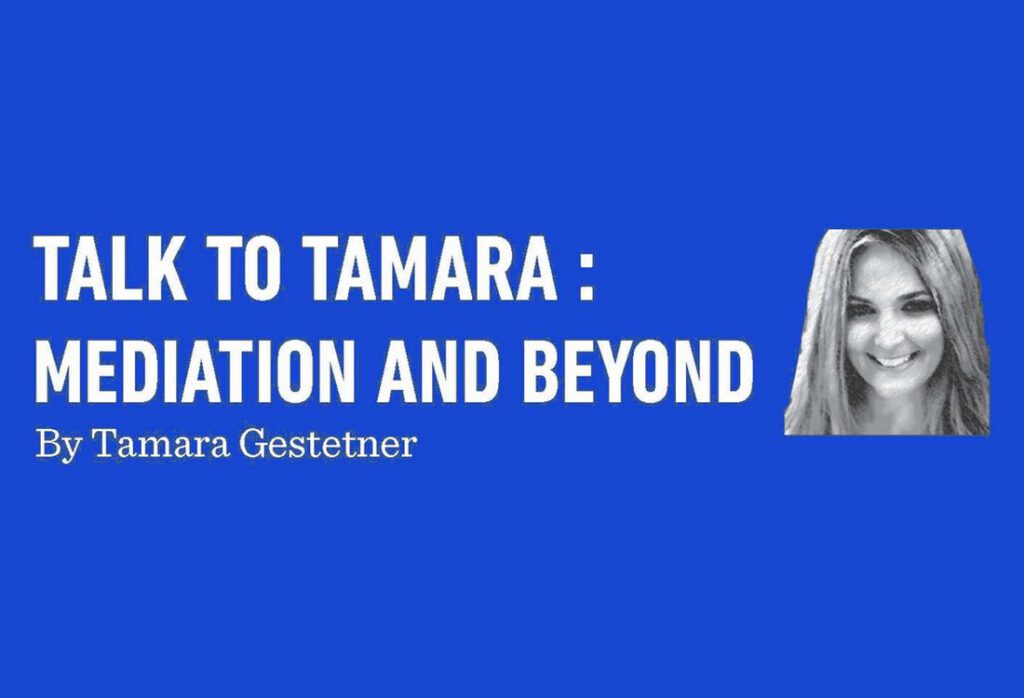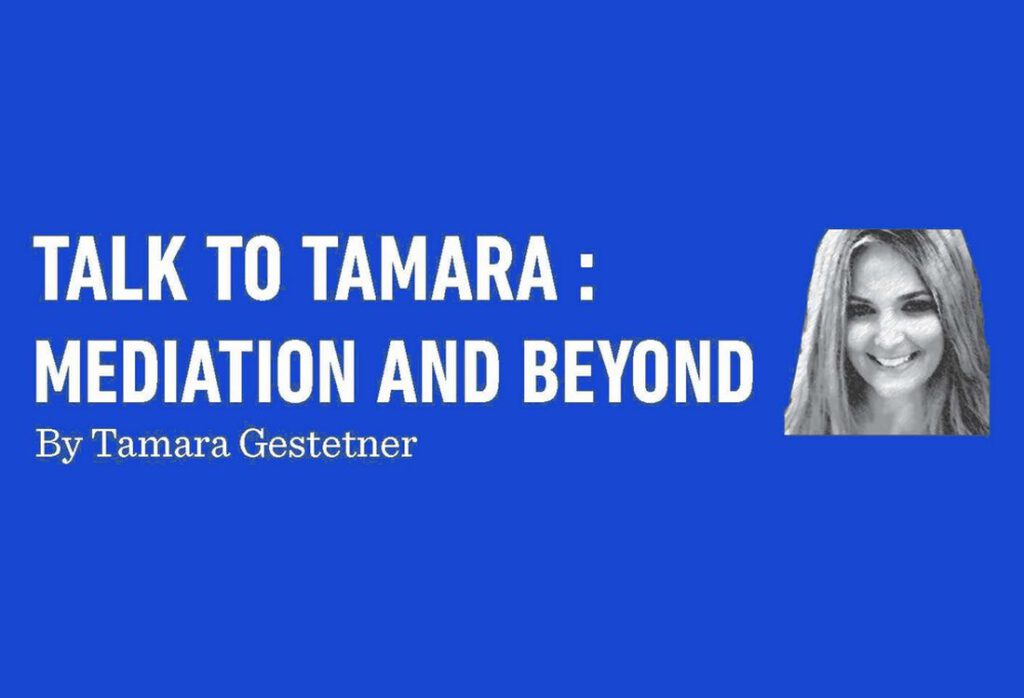Confessions Of A Recovering People Pleaser
I am a recovering people pleaser. And nothing exposes that faster than conflict.
Some people thrive on conflict. They get a twinkle in their eye when a debate breaks out. They will happily stay up until two in the morning hashing things out, armed with counterpoints and energy the rest of us can only dream of. Then there are people like me, the ones who feel their blood pressure spike the second voices get raised and would rather slip quietly out of the room than stick around for the argument.
I will admit, I hate conflict. Always have. My default setting has been to keep the peace at all costs. I have smiled and nodded while secretly disagreeing. I have said yes when everything inside me wanted to say no. I have let other people choose, even when I had a preference, just to avoid tension. I used to think that made me easygoing. The truth is, it just made me invisible.
Here is another truth. I used to be jealous of the people who just say what’s on their minds. You know the ones. They speak without hesitation; they cut to the chase. They tell the waiter the soup is cold without breaking a sweat. Meanwhile, when I finally try to use my voice, my words trip over each other. I get nervous; I stumble and my whole body tenses as if I’m walking into a battle. For me, speaking up feels like climbing a mountain. For others, it’s like walking across the street. And yes, I’ve actually rehearsed saying no in the bathroom mirror like it was a Broadway audition—and I still managed to whisper out a shaky “maybe” when the moment of truth came.
Then there is my husband. He once told me that he felt invisible for much of his life, holding things in, not saying what he really thought. And now he lights up when people are honest, even when it is uncomfortable. He says it is actually refreshing when someone just says what they want, because at least it is real. That floored me because, for me, honesty has always felt like holding a lit match over fireworks. For him, it’s oxygen.
I do not even have to look far to see the other side. My father is a lawyer. My son-in-law is becoming one. And if you have ever met a lawyer or someone training to become one, you know they thrive on debate. They come alive when they are arguing their point. They will challenge you just to see if you will push back. Meanwhile, I am over here wishing we could just talk about the weather. Family dinners often feel less like a meal and more like opening arguments in a courtroom. I am just passing the salad, silently praying no one asks me to weigh in. For them, debate is connection. For me, debate is a racing heart. And maybe that is the funny part. So many of us end up marrying, raising, or being surrounded by people who are wired completely the opposite of us. But that is an article for another day.
So, what makes some of us avoid conflict while others seem to run straight toward it? For people like me, the pleasers and the peacemakers, conflict feels like danger. We are scared of hurting someone we love, scared of being misunderstood, scared of rejection. Deep down, it is not the argument itself; it is the fear of losing the connection. So, we swallow our words, paste on a smile, and convince ourselves that everything is fine. Spoiler: it is not.
For the conflict seekers, it is different. They do not see disagreement as rejection. They see it as engagement. To them, conflict means you care enough to fight. They feel closer after a good clash, like it’s a bonding activity. It is basically their love language. Conflict seekers see an argument as a sport. Conflict avoiders see an argument as an apocalypse.
Neither side is perfect. Avoiders risk vanishing into silence. Seekers risk steamrolling everyone in their path. Somewhere in the middle is the truth. Conflict is not the enemy. It is a signal that something matters.
I see this with clients all the time. Couples who argue constantly are not always falling apart. Sometimes they are still fighting for each other. Parents and kids who clash are often desperate to be seen and heard. Even in workplaces, tension usually means people care about the outcome. The absence of conflict does not always mean peace. Sometimes it means nobody is saying what they truly think, which is far scarier.
That is what I am learning in my own life too. I am practicing speaking up and saying what I actually want. The first time I said “No, thank you, I do not want that,” I half expected the world to end. Instead, the world kept spinning. Nobody fainted, nobody stormed out, and the relationship did not crumble. It turns out people do not mind hearing your opinion as much as you think. They might even respect you more for it.
It’s funny when I look back at all the ways I tried to keep the peace. Agreeing to go to a restaurant I did not like. Pretending I was fine with plans that made me miserable. Smiling while someone cut me off mid-sentence, as if swallowing my frustration would somehow keep things nice. I thought I was saving the relationship. In reality, I was erasing myself from it.
So no, I do not love conflict. I probably never will. But I’m finally realizing that avoiding conflict is not the answer either. Real relationships can handle tension and survive honesty. They can even grow from it.
The people I admire most are the ones who speak up. The ones who say no when they mean no. The ones who risk being misunderstood because they know disappearing is far worse. I’m not there yet, but I am getting closer. And maybe that is the point. We do not have to flip from being a people-pleaser to being a courtroom litigator overnight. We just have to practice letting our voices be heard, even if it’s hard.
Because, in the end, conflict does not mean something is broken. It means something matters. And maybe what matters most is finally letting yourself be seen. n
Tamara Gestetner is a certified mediator, psychotherapist, and life and career coach based in Cedarhurst. She helps individuals and couples navigate relationships, career transitions, and life’s uncertainties with clarity and confidence. Through mediation and coaching, she guides clients in resolving conflicts, making tough decisions, and creating meaningful change. Tamara is now taking questions and would love to hear what’s on your mind—whether it’s about life, career, relationships, or anything in between. She can be reached at 646-239-5686 or via email at [email protected]. Please visit TamaraGestetner.com to learn more.












